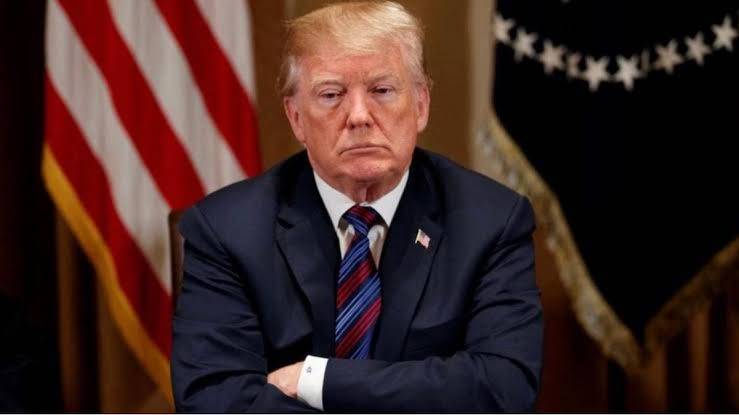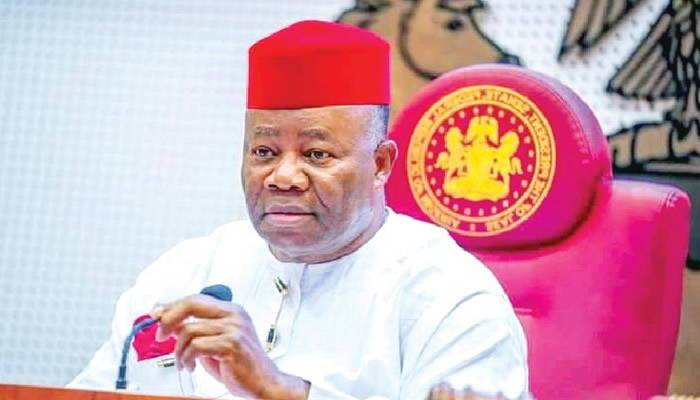The Federal High Court in Abuja on Monday dismissed the request by the detained leader of the Biafra nation agitators, Nnamdi Kanu, for the restoration of his revoked bail and the removal from the custody of the Department of State Services (DSS), to a house arrest or prison custody.
Justice Binta Nyako said that the same request had been brought before her by Kanu, dismissing it for want of merit.
In a ruling on Kanu’s request, Justice Nyako said that she found as a fact, that Kanu jumped the bail earlier granted him, and escaped out of the country.
The Judge also held that the sureties who stood for him in the earlier bail, had applied to be discharged, and had been discharged on the grounds that they could not locate Kanu and did not know his whereabouts.
Justice Nyako said that the only option left for Kanu was to go to the Court of Appeal and should proceed to the appellate court to exercise his right of appeal.
The Judge disagreed with Kanu’s lead counsel that the Supreme Court held that the earlier bail granted him ought not to have been revoked, adding that she had perused the Supreme Court judgement copy, and did not see the claim of the lawyer.
Kanu also insisted not to stand trial before any court in Nigeria.
He claimed that any attempt to put him on trial, would amount to a breach of Nigeria’s Constitution and international laws.
Kanu also berated counsel to the Federal Government, Asiwaju Solomon Awomolo SAN, for perpetrating an act of illegality in a bid to prosecute him.
A visibly angry Kanu, told the court that he could not be tried in Nigeria because the Supreme Court had declared his forceful rendition from Kenya, an act of illegality.
He insisted that the Supreme Court had made a pronouncement on his issue, stressing that “Anything you do on the contrary is an act of terrorism.”
He described Awomolo as a terrorist and a dishonest man for conducting a trial in violation of an international treaty that Nigeria entered into.
Once a treaty is entered into and signed, it becomes a law.












